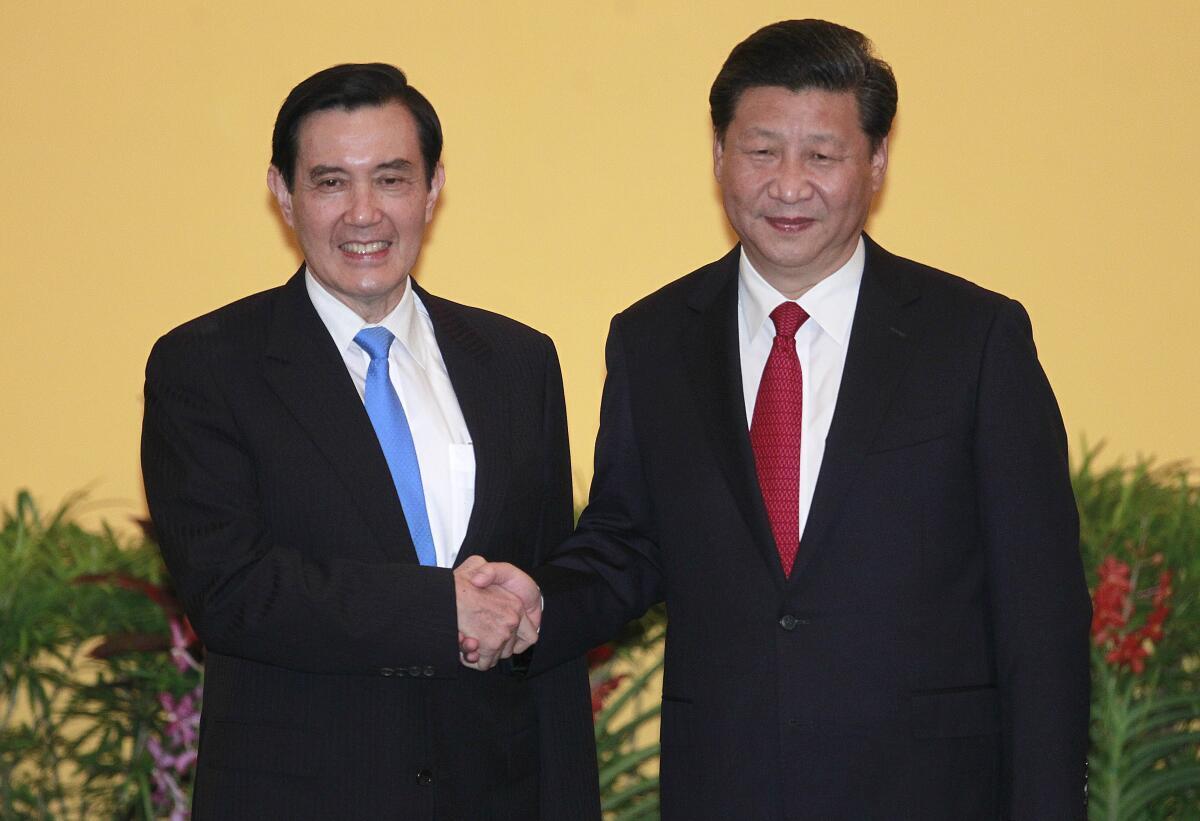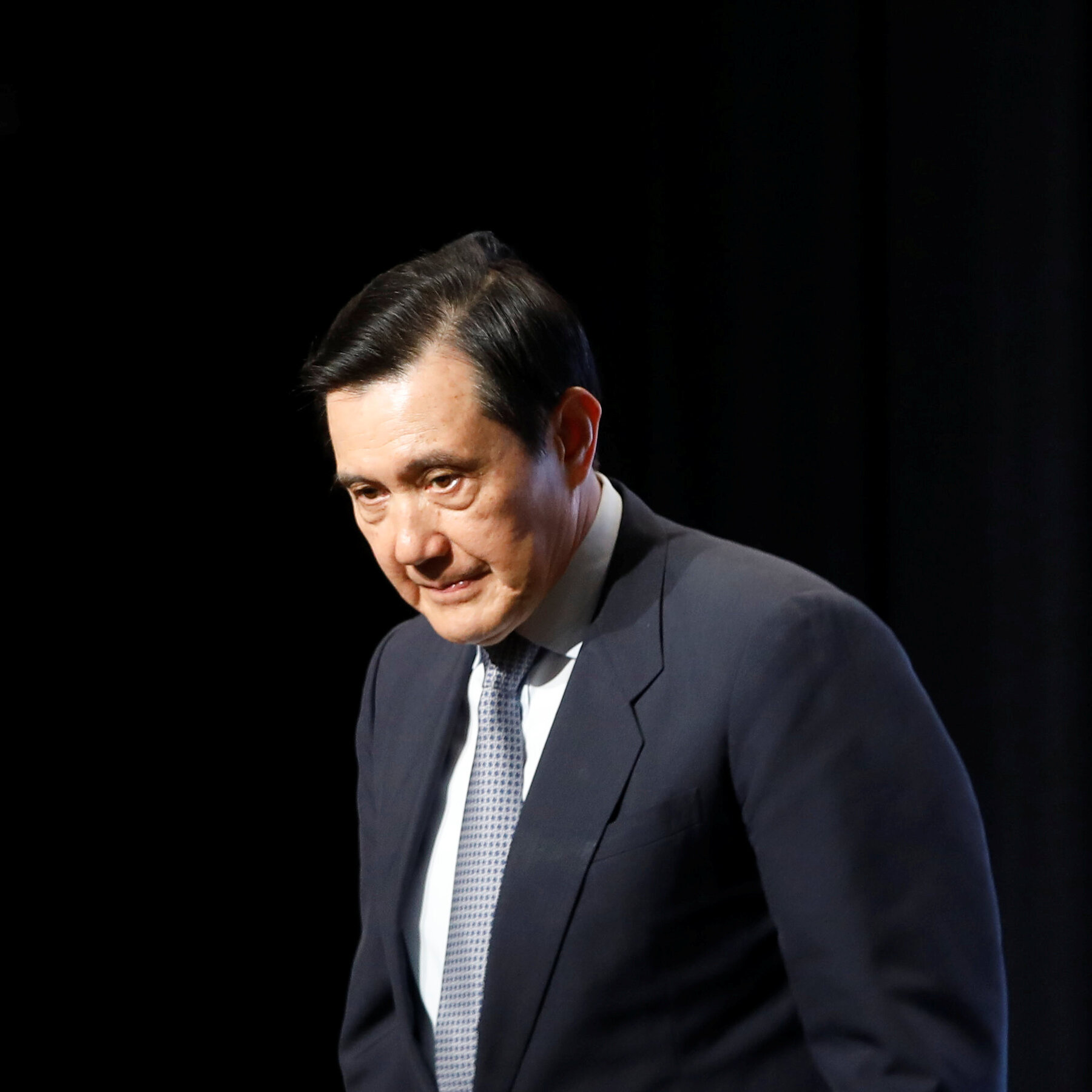Beijing’s Mixed Signals: Embracing an Old Face While Disdaining the New
In a diplomatic dance fraught with tension, Ma Ying-jeou, Taiwan’s former president and now an opposition figure, finds himself in an unusual spotlight as he embarks on an 11-day visit to mainland China. This visit holds significant symbolic weight against the backdrop of simmering tensions between Beijing and Taipei.
The timing couldn’t be more critical. Recent events, including the tragic deaths of two Chinese fishermen in a confrontation with Taiwanese coast guard vessels, have exacerbated the already strained relations between China and Taiwan. China’s assertive moves, such as dispatching coast guard ships near a Taiwanese-controlled island following the incident, have only added fuel to the fire.

Ex-President Ma Ying-jeou’s Scheduled Visit to China (Credits: Los Angeles Time)
With the impending inauguration of Lai Ching-te as Taiwan’s next president on May 20, Beijing braces for further escalation. Lai’s Democratic Progressive Party staunchly opposes Beijing’s assertion of sovereignty over Taiwan, a stance that irks Chinese officials. Particularly contentious is Lai’s past declaration as a “pragmatic worker for Taiwan’s independence” in 2017, further deepening the mistrust between the two sides.
Amidst this backdrop of uncertainty and animosity, China’s cordial reception of Ma Ying-jeou, now 73 years old and serving as Taiwan’s president from 2008 to 2016, raises eyebrows. Seen as a proponent of closer ties with China during his tenure, Ma’s visit is interpreted by Beijing as a gesture of goodwill towards politicians willing to engage in dialogue under China’s terms.
Chang Wu-yue, a professor at the Graduate Institute of China Studies of Tamkang University in Taiwan, sees Beijing’s approach as a blend of conciliation and coercion. “Beijing’s policy toward Taiwan will definitely be using more of both a gentle touch and also a hard fist,” Chang remarked in an interview, encapsulating the nuanced strategy at play.
Ma’s visit holds deeper implications than mere symbolism. It underscores Beijing’s willingness to engage with those who align with its policies, despite its disapproval of the incoming administration’s stance. As tensions persist and geopolitical dynamics evolve, the intricate interplay between China and Taiwan persists, with every maneuver meticulously crafted to convey political signals across the Taiwan Strait.























